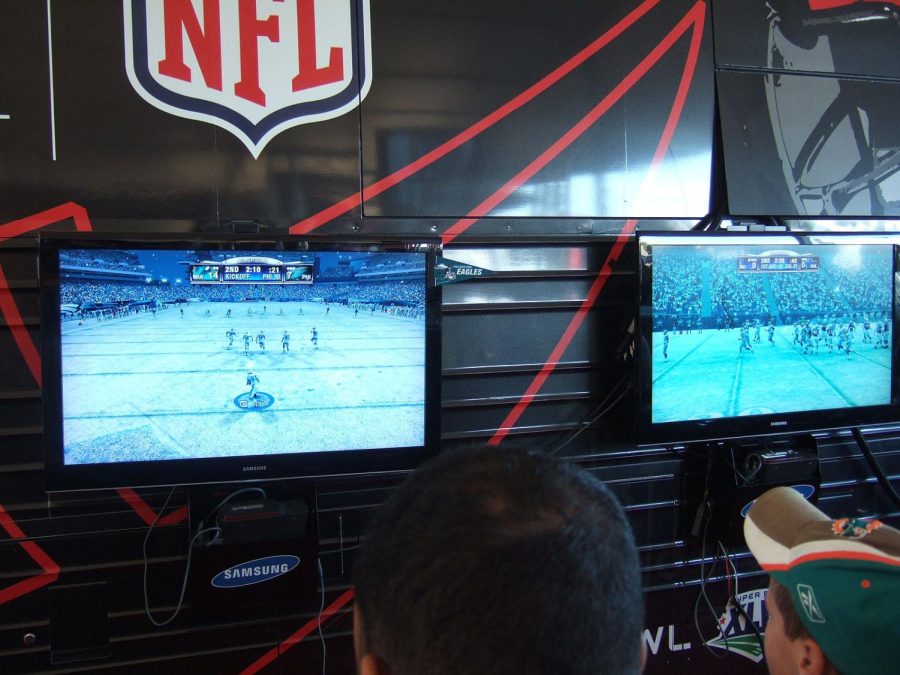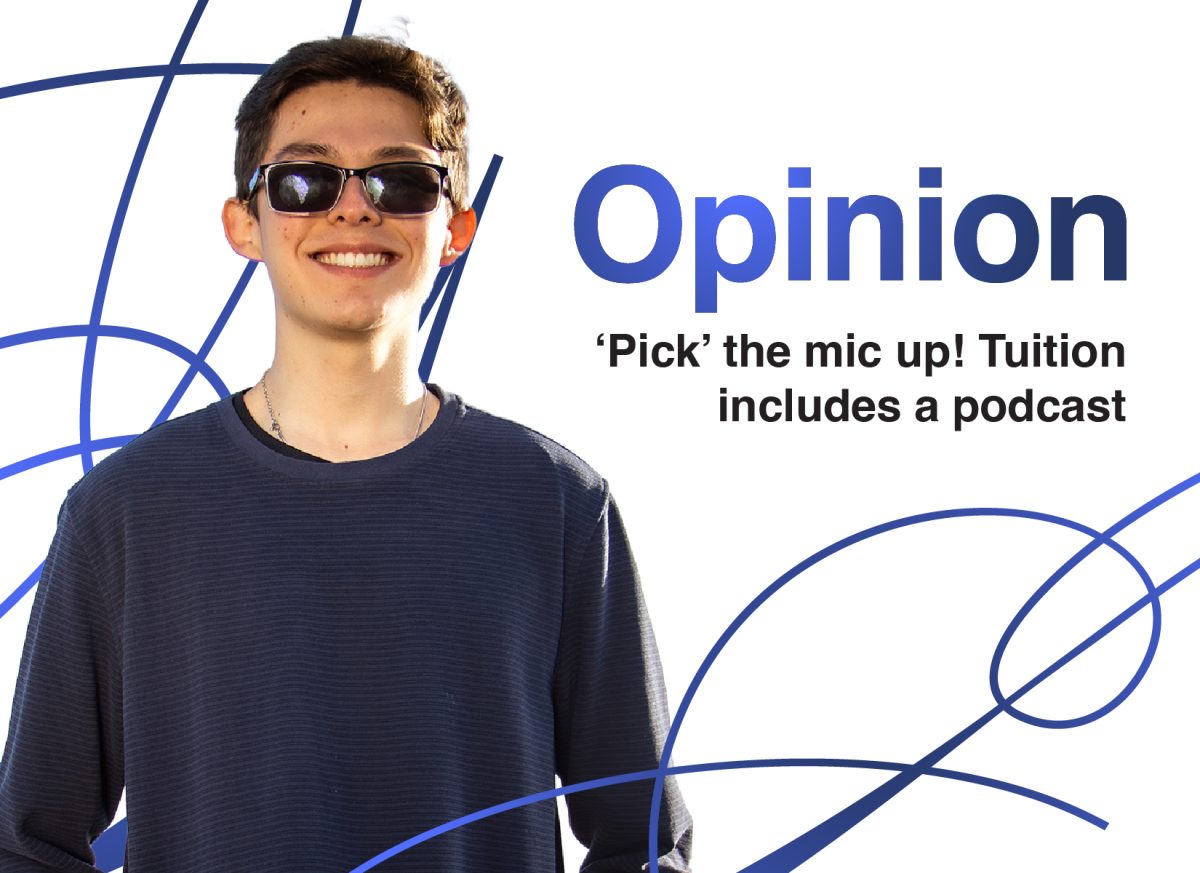I am old enough to remember the sixth generation of gaming. The PlayStation 2, Original Xbox and Game Cube dominated the market with split screen controls and great titles such as Medal of Honor, Mario Sunshine and Halo 2. It is strange to imagine a gaming world without any online components since they were primitive at this stage and with an emphasis on couch co-op, but this was a norm back in the early 2000s. It is here sports games began their long and treacherous journey in gaming, building a monopoly that now generates over $1.6 billion per year.
In 1991, Electronic Arts (EA) created a subdivision called EA Sports. In 1993, it was formally incorporated with the rights to FIFA secured. According to SportsProMedia, since that first five-year agreement was struck back in 1993, EA Sports and FIFA have extended their arrangement on multiple occasions, in 1998, 2006, and finally in 2013.
Naturally, the first video game was soon developed and released right before the holidays of 1993, with FIFA 94. It was a groundbreaking title, mixing the 16-bit graphics of the Sega Mega to create an authentic soccer experience.
Since then, it became a yearly tradition to release FIFA games with the year as the title. Since the humble days of the SEGA consoles, video games have exponentially grown, both in talent and technology. Being a medium relegated to programming and artistic progress, it cannot be pushed into smaller deadlines. The sixth generation of gaming marked the last humble stages of gaming, generations moving forward would push this medium into technological photorealism, boundless storytelling and online connection with hundreds of players in the same server. The old ways of EA would begin to take a toll and the mismanagement in the company would create predatory tactics for their players.
Since 1993, EA has acquired rights for the National Football League (NFL) (Madden Franchise), National Hockey League (NHL), Formula One (F1), Ultimate Fighting Championship (UFC), and the Professional Golf Association (PGA). The titles were managed under the same structure as FIFA, yearly releases. All these franchises have declined in their subsequent gaming generations. Due to increase in technology, developers must spend longer hours creating realistic textures, lighting, animations, gameplay mechanics and much more. Modern gaming development averages around four to six years before a product can be “polished,” a slang term used to remove all glitches and bugs before release, and release within an acceptable deadline.
“Since the primary purpose for the deals was to acquire IP assets, they didn’t prioritize the humans producing the talent,” Rachel Curry told MarketRealist. “In some cases, Electronic Arts forced the studios to change their product (which ultimately minimized game quality) or they maintained IP rights while dissolving the studios entirely.”
Due to this small-time window, and endless “crunch,” a slang term to refer to excessive development time, EA sports titles have received the criticism for more than a decade of feeling the same. The game usually has minor improvements to visuals but carries over many of the bugs and glitches from the previous games and never innovates with newer mechanics of features. In fact, ever since 2011, all their games have removed features, such as college football, training challenges, custom teams and characters, and a large amount of overall detail to their games. Instead, Ultimate Teams have taken priority.
Ultimate team is a “Pay-to-Win” game mode, that utilizes randomly generated packs that can be bought for real money which can range from five to 10 dollars. The purchases are called micro transactions. A player pays more with the hopes of getting higher rarity football players and adding them to their team. “Pay-to-Win” refers to the fact that you must pay upwards of three thousand dollars to have a chance of getting good rarity assets. It gives players an unfair advantage over people who do not pay, even if they bought the same product. The worst part is none of this progress carries over from the previous game, so you have a model where you must pay $60 every year, for minor improvements, no progression carrying over from the previous title and must spend hundreds, potentially thousands of dollars just to compete in the game.
Since 2017, EA has made a few changes to improve this predatory behavior, since their title Star Wars Battlefront 2 created such a big controversy, micro transactions were banned in Belgium and the State of Hawaii had to issue a law to revise the availability of gambling.
Fortunately, FIFA fans may have some hope as the contract will finally end summer 2023, ending their 30-year partnership. EA may now rethink by ending the yearly releases and choose to prioritize talent, creativity and job rights to their developers. Thus, creating unique and immersive experiences for players, rather than squeezing every penny out of them.
Eugenio Cantu is a contributor and may be reached at [email protected].












